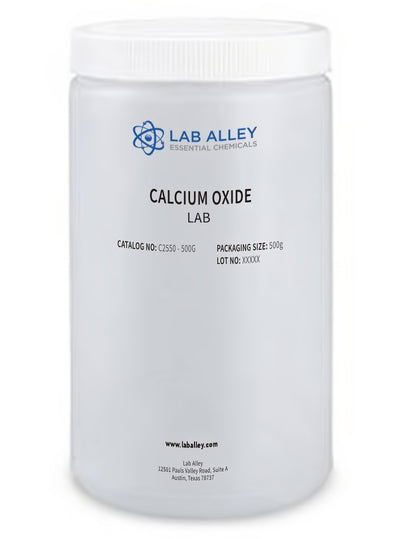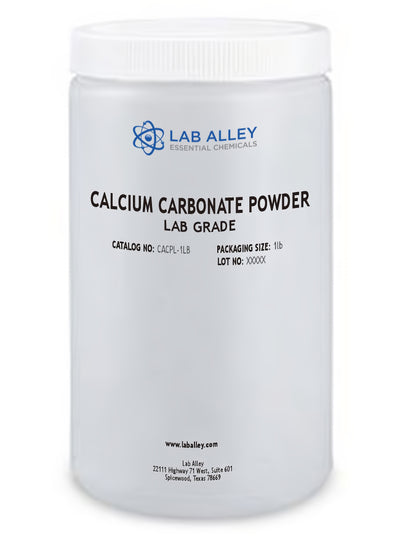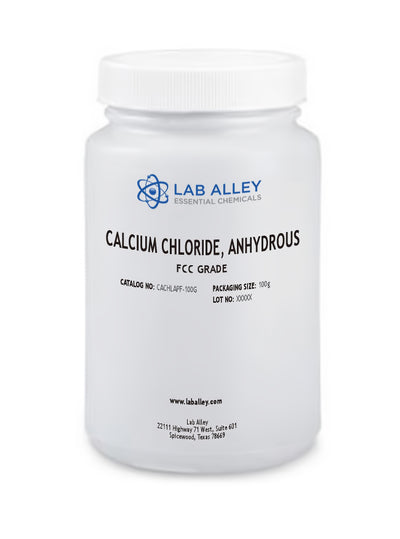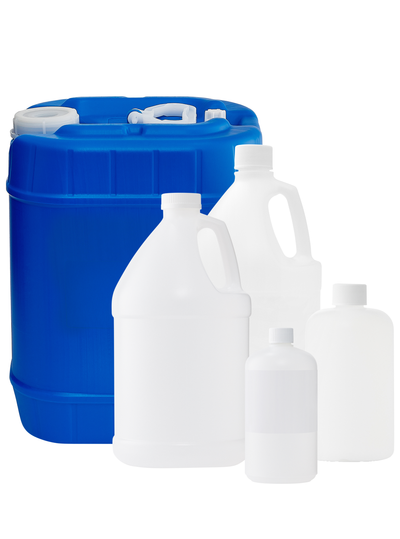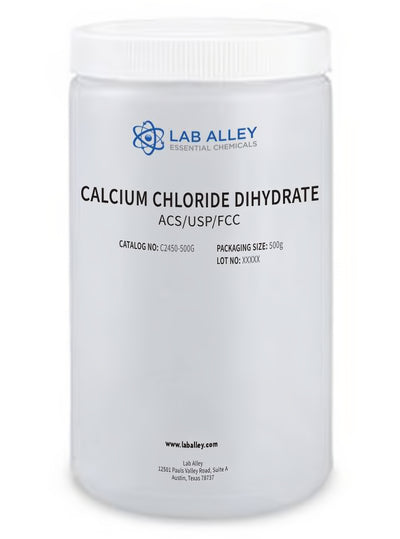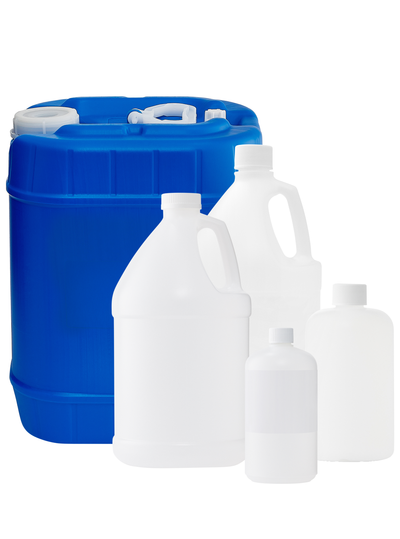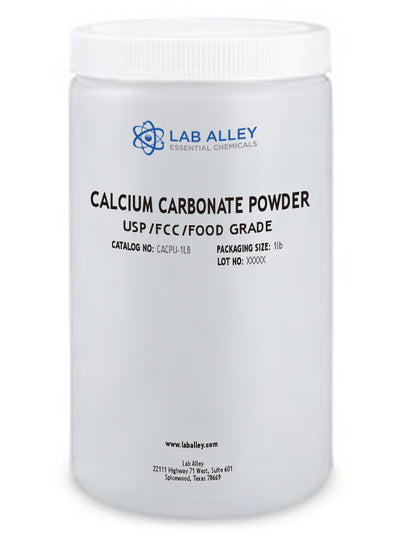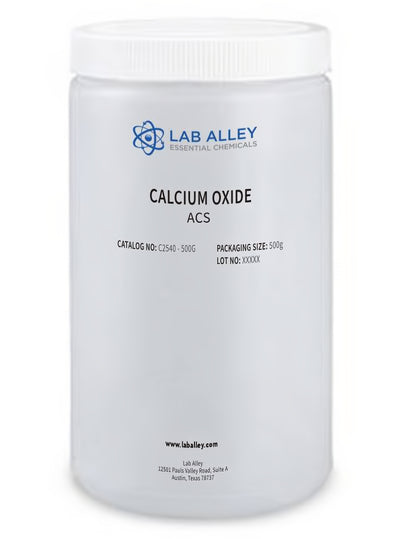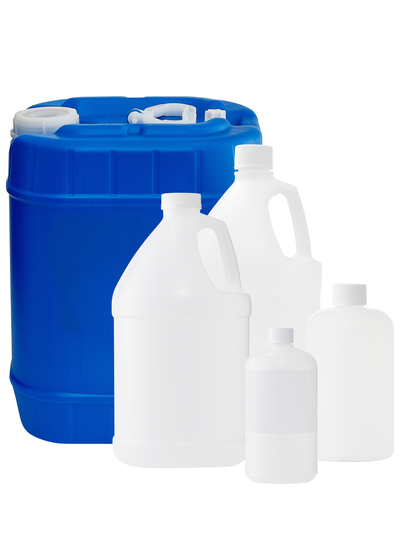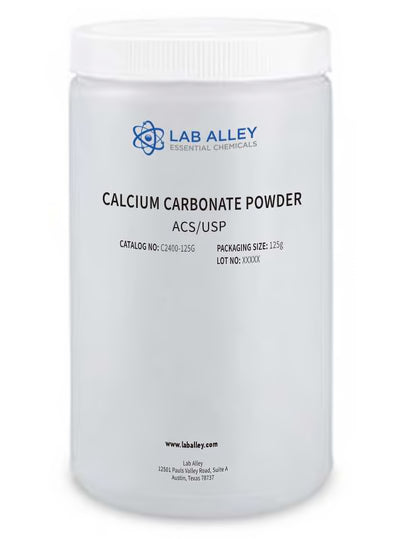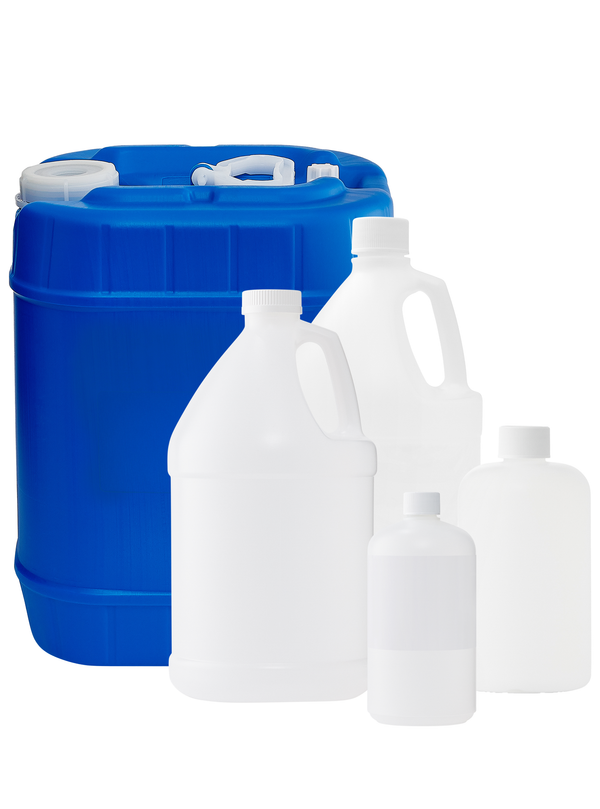
Business Support
Calcium Phosphate Tribasic ACS Grade
For questions regarding lead time, please contact a member of our Customer Care Team at customercare@laballey.com
Business Support
Description
About Calcium Phosphate Tribasic ACS Grade
Calcium Phosphate Tribasic, having the chemical formula Ca10(OH)2(PO4)6 or Ca5OH(PO4)3 , is a calcium salt of Phosphoric acid. It is also known as Bone Phosphate of Lime, Tricalcium Phosphate, Calcium Hydroxyapatite, and Calcium Orthophosphate. It is reactive with oxidizing agents and can undergo thermal decomposition into irritating gases/ vapors having oxides of calcium and phosphorous. It appears as a white odorless, tasteless solid at ambient conditions and is insoluble in water. An ACS Grade reagent is a chemical that meets the purity requirements of the American Chemical Society. For dependable, consistent, and repeatable findings, ACS Grade reagents can be utilized in high-quality research labs. Moreover, such chemicals can be safely used in food applications, drugs, and medicines. In the United States of America (USA), Lab Alley is selling its high-quality Calcium Phosphate, Tribasic, ACS Grade online at laballey.com. Lab Alley’s Calcium Phosphate, Tribasic, ACS Grade is highly recommended for domestic and industrial applications.
COMMON USES AND APPLICATIONS
- Reagent
- Baking
- Food processing
INDUSTRIES
- Food industry
- Personal care products
- Pharmaceutical industry
- Ceramic industry
PRODUCT INFORMATION
Customer Reviews and Q&A
Safety and Shipping
Please contact us to request a Safety Data Sheet (SDS) and Certificate of Analysis (COA) for Calcium Phosphate Tribasic ACS.
Business Support
Built for Business.
At Lab Alley, we simplify procurement with custom quotes, credit applications, tax exemptions, and fulfillment support, ensuring on-budget, on-time delivery - your success is our priority.
Apply for Credit
A Lab Alley credit account streamlines purchasing for your business. Our Customer Success Team is available to help you through every step of the process.
Request a Custom Quote
Get a fast, customized quote tailored to your specific needs. Our team ensures accurate pricing and availability to help streamline your purchasing process.

Additional Business Resources
Lab Alley provides access to essential certifications, documents, and other resources to support your business.

Create a Lab Alley Account

RECEIVE exclusive offers, promotions, and discounts on chemicals.

Always have the product you need, when you need it with our AUTOSHIP program.



